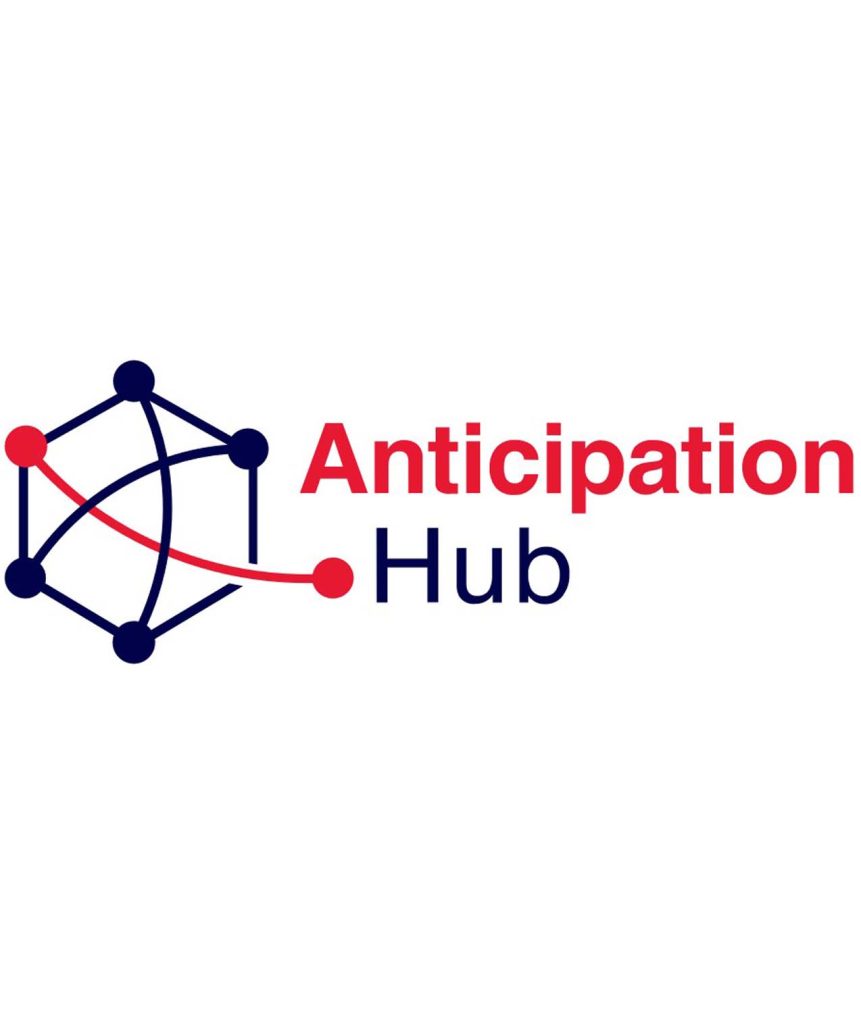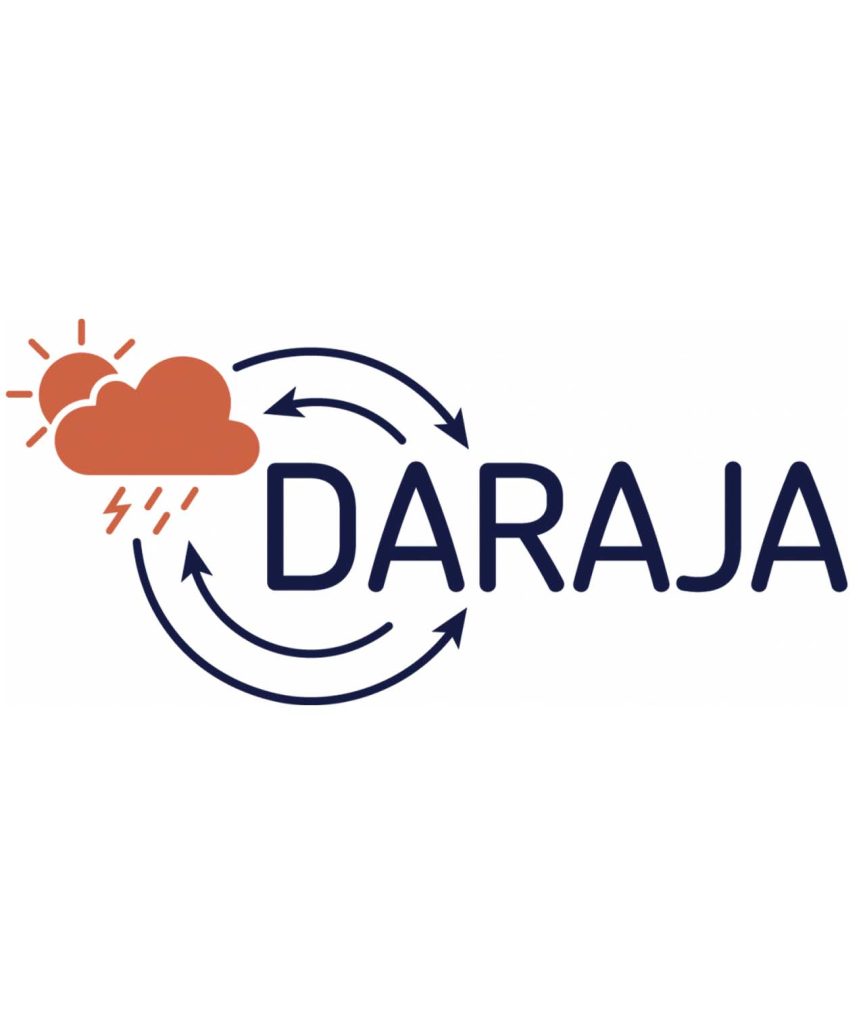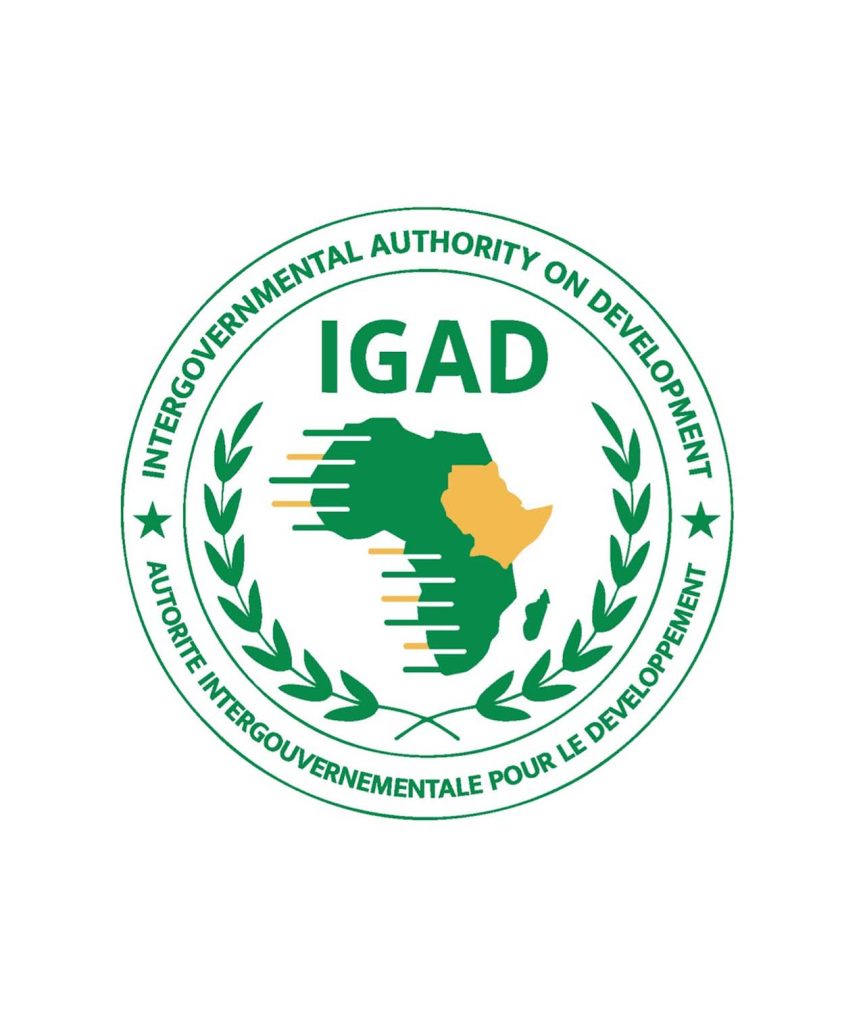The use of AI and machine learning is fueling the development of new products and capabilities for use in the humanitarian sector, rapidly reshaping the ways that disaster risk is analyzed and managed.
Policymakers, disaster managers, and scientists who seek to recognize emergent disaster risks and make sense of climatic volatility are increasingly interested in deploying AI to enhance their capabilities – to identify risks sooner, to effectively communicate, and to rapidly engage where help is needed most. AI tools and AI-enhanced approaches are being applied to improve hazard modeling and disaster risk modeling, to enhance predictive analytics and forecasting, to enhance and calibrate risk communication, or to optimize the allocation of resources for anticipatory action or disaster response.
At the same time, as new applications for AI are tested and touted there is a need to critically differentiate between approaches – acknowledging that not all uses of AI are equally useful or game-changing, and unpacking the potential risks, uncertainties, and ethical issues related to certain AI-driven efforts. In what ways might AI, properly vetted and carefully applied, change the work of disaster risk analysis or help us reckon with the myriad of chronic issues that shape the field of disaster management?
This panel discussion brings together experts across research, policy, and practice to explore intersections of AI and disaster risk – to highlight innovative approaches, opportunities, and challenges in this rapidly evolving space. First, speakers will discuss the state of the art for AI/ML applications in disaster science and humanitarian action – sharing technical examples of cutting-edge AI approaches for different hazard types such as floods, landslides, wildfires, etc. Second, our conversation will shift registers to focus on the policy implications of AI use and to examine questions of ethics, responsibility, and governance.
This event is made possible with the support of the Australian Government Department of Foreign Affairs and Trade (DFAT) and the Margaret A. Cargill Philanthropies (MACP).









